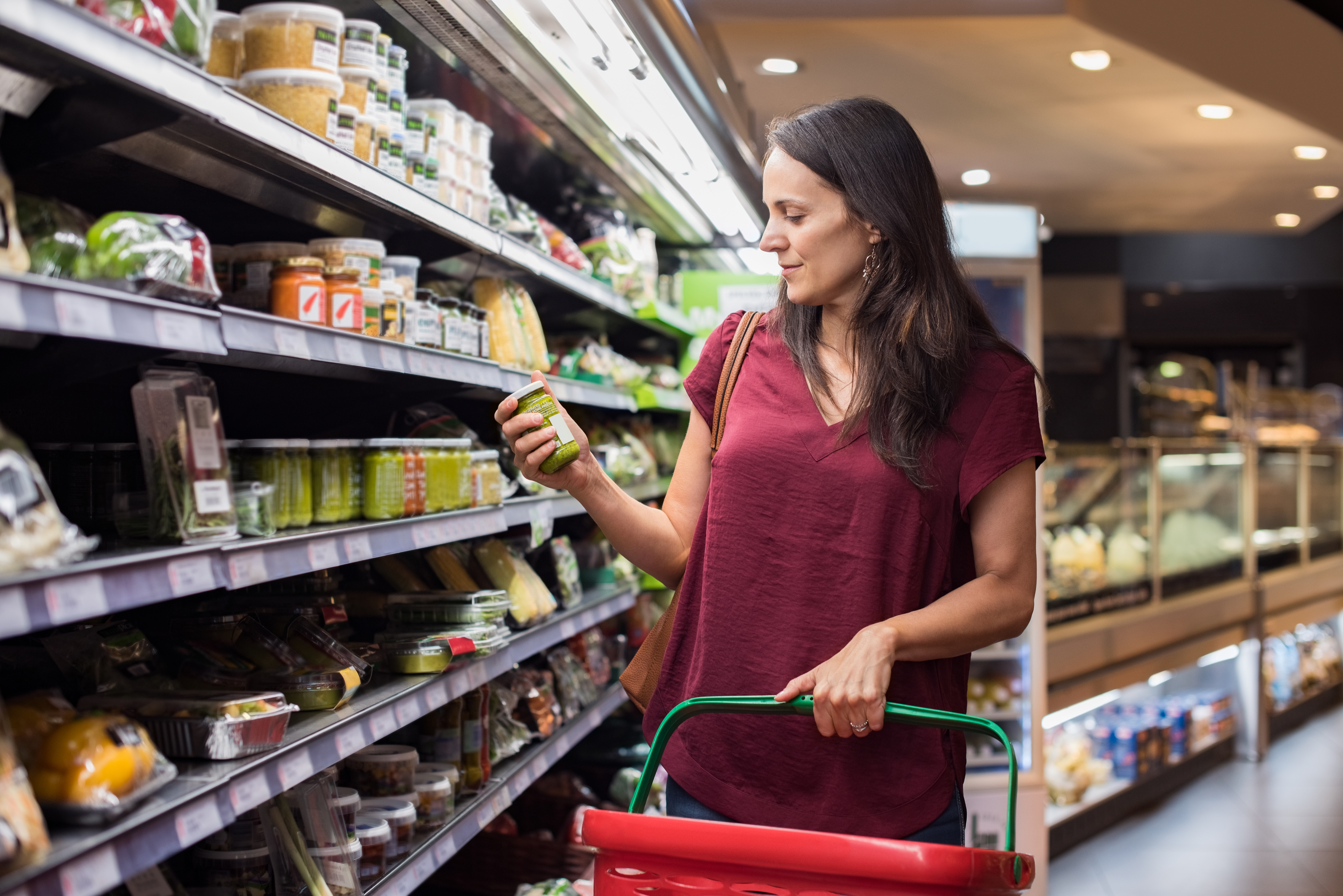Research
DontWasteMeNow
An estimated 20 million tons of CO² are caused by the 88 million tons of food waste in the European Union (EU) each year. Nearly 10% of this is accounted for by food that has reached its best-before date (BBD) but would still be fit for human consumption without any problems. The problem: According to the European Commission, consumers often misunderstand the best-before date as an expiration date. This misunderstanding is thus responsible for around 9 million tons of food waste and the associated CO² emissions – emissions that could be avoided.

Some initiatives, such as the TooGoodTooGo campaign, have attempted to address this problem by developing labels that encourage consumers to avoid food waste. Such initiatives have been taken up by the food industry (e.g., Carlsberg, Arla Foods, and Unilever) and are being implemented in Denmark, Sweden, Finland, Norway, and the United Kingdom, for example. The problem with the current implementation of such so-called nudges, i.e., small notices with the aim of bringing about a change in behavior, is that they are based exclusively on quality indications for the expired or soon-to-expire product: For example, the notice next to the best-before date "often good after." However, previous research has shown that "social norm nudges," i.e., cues that convey social norms by stating, for example, what others would do, are much more effective in triggering behavior change among consumers. The question, then, is whether such social nudges would be more effective in reducing food waste in households.
The NIM and MAPP collaborative project explores the effectiveness of different nudges in relation to perceptions of expiration dates in experimental studies with Danish and German consumers. The aim is to enable consumers to make better decisions regarding their food waste. To this end, the findings will be used to develop concrete recommendations for market stakeholders such as food manufacturers and retailers to improve the real-world impact of existing CSR measures in terms of sustainable consumer behavior at home.
Project team
- Dr. Matthias Unfried, Head of Behavioral Science, NIM, matthias.unfried@nim.org
- Dr. Fabian Buder, Head of Future & Trends Research, NIM, fabian.buder@nim.org
Cooperation partner
- Dr. Darius-Aurel Frank, Aarhus University
- Dr. Maureen Schulze, Copenhagen Business School
- Prof. Dr. Jessica Aschemann-Witzel, Aarhus University
Contact
